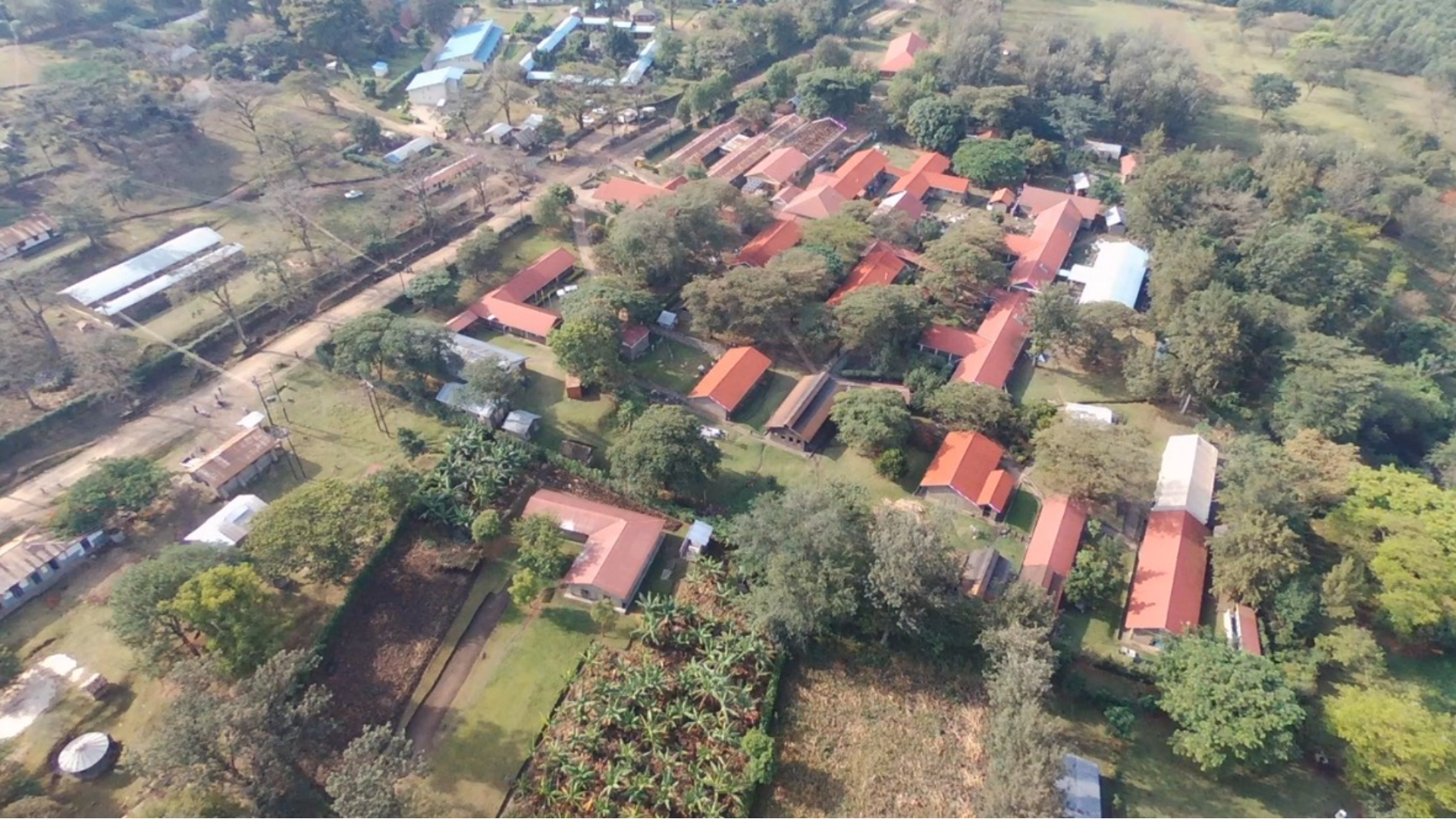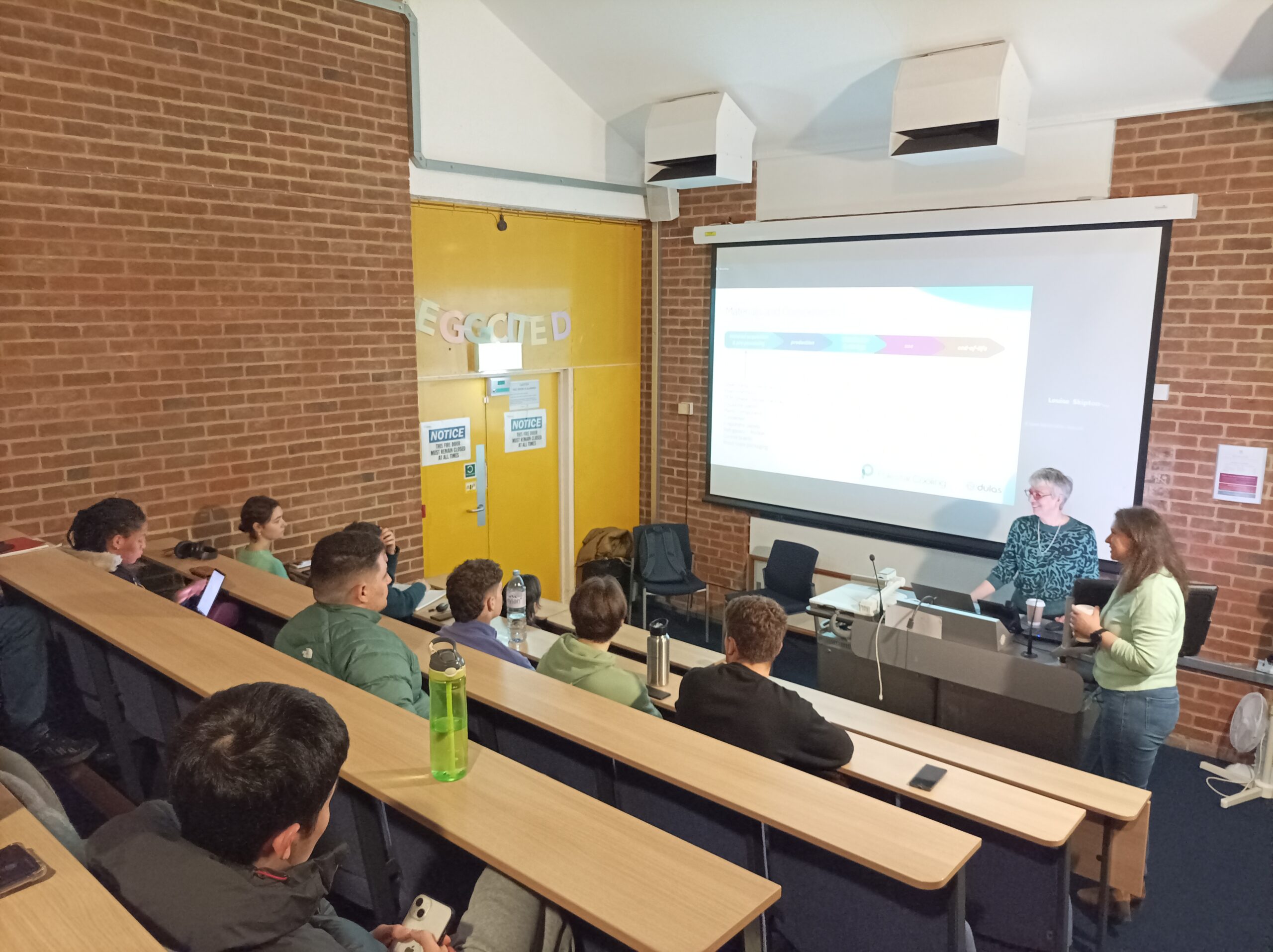We are very pleased to report that planning consent has been granted by Charnwood Borough Council for a new solar farm at West Beacon Farm in Leicestershire, the home of the leading sustainable energy proponent Professor Tony Marmont.
Since Professor Marmont and his late wife Angela moved there in 1969, West Beacon Farm has become synonymous with both sustainable energy generation and ecological improvement. The new solar farm maintains that tradition. It will be based on a 1.6 hectare site and generate up to 1MW of electricity, with battery storage also provided. All profits from the new solar farm will go to charitable causes, including undertaking research into the production and use of hydrogen from renewable energy, and to the effects of hydrogen in the brain, which could also benefit research into Alzheimer’s and other related diseases.
The land on which the panels will be sited is currently used for agricultural grazing, but will be converted to wildflower meadow with very light grazing, further enhancing the local ecology. Some new hedgerow and tree planting will also take place.
Dulas is acting as planning agent and manager of the new project, having had a long association with West Beacon dating back to the installation of its hydro project in 1999. Several of Dulas’s employees have also benefited from training at CREST – the Centre for Renewable Energy Systems Technology – which was established at Loughborough University with a £1.5 million donation from the Marmonts.
Our Project Manager Rachel Kennedy is delighted that the planning application has been approved, saying ‘We are very grateful to Charnwood Borough Council for giving this scheme the go-ahead, especially when, in addition to generating carbon-free electricity, all profits earned will be going to such an important cause.’
Professor Marmont is also understandably pleased that the project has received the green light and added ‘It is so gratifying to see this scheme, which will generate so many benefits, becoming a reality. Once up and running, it will provide clean, silent energy as well as new wildflowers and perimeter beehives to boost local pollination. It’s a marvellous repurposing of the land, which will contribute to long-term sustainability goals. ’







